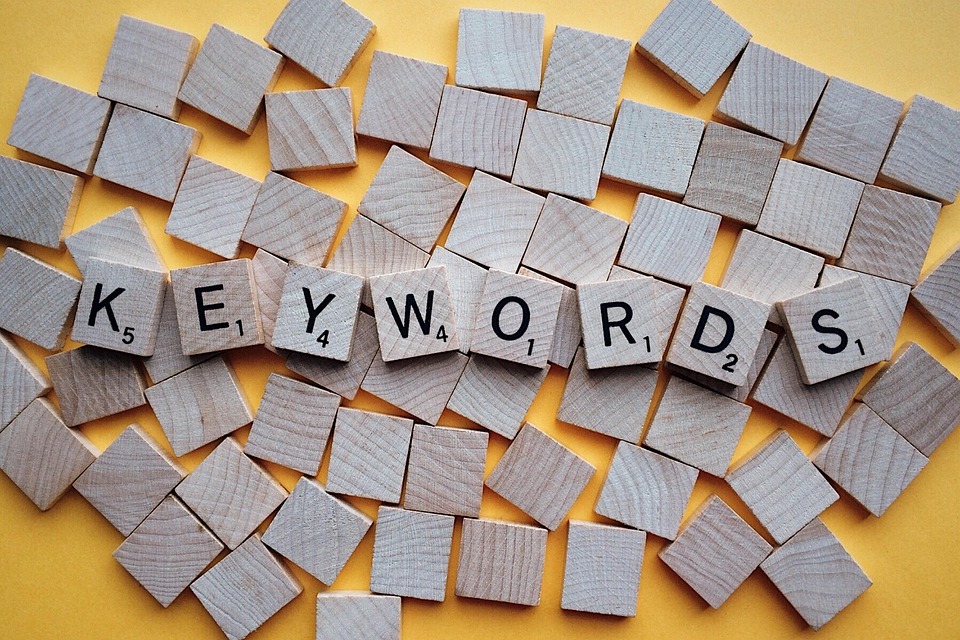Accidents happen — but when they do, they often come with unexpected consequences: medical bills, lost wages, emotional stress, and confusion about what to do next.
If you’ve been injured in a car crash, a workplace accident, a slip-and-fall, or due to someone else’s negligence, you might be wondering:
“Should I hire a personal injury lawyer? Or can I handle this on my own?”
You’re not alone — and the answer depends on several important factors. In this friendly, easy-to-follow guide, we’ll walk you through exactly when it makes sense to get a lawyer involved, and what to expect when you do.
🚑 What is a Personal Injury Lawyer?
A personal injury lawyer specializes in helping people who have been physically or emotionally harmed due to another person’s actions (or failure to act). They deal with cases like:
-
Car, motorcycle, or truck accidents
-
Slip-and-falls (public or private property)
-
Workplace injuries
-
Medical malpractice
-
Dog bites
-
Product liability (defective products)
-
Wrongful death
Their job is to help you get compensated fairly for your medical bills, lost income, pain and suffering, and more.
🤔 Do You Always Need a Lawyer After an Injury?
No — not always.
But here’s when you should seriously consider hiring one:
🚨 1. You Have Serious Injuries or Long-Term Medical Care
If your injury:
-
Required hospitalization
-
Involved broken bones or surgery
-
Caused permanent disability or disfigurement
-
Requires long-term physical therapy or care
Then you’re looking at a complex case with potentially high compensation involved. Insurance companies will try to minimize payouts — and without legal representation, you might leave thousands on the table.
🧾 2. The Insurance Company is Offering a Low Settlement
Insurers often make “lowball” offers shortly after an accident, hoping you’ll accept before you understand the full extent of your injuries or expenses.
🚫 Accepting a settlement usually waives your right to further compensation.
If something feels off or you’re unsure about the offer, a lawyer can:
-
Evaluate whether it’s fair
-
Negotiate for more
-
File a lawsuit if needed
⚖️ 3. You’re Being Blamed (Even Partially) for the Accident
In many countries, including the U.S. and Australia, “comparative negligence” laws mean your compensation could be reduced if you’re found partially at fault.
Example: If you’re awarded $100,000 but are 30% at fault, you’d only get $70,000.
A lawyer can:
-
Challenge unfair blame
-
Gather evidence (e.g., video, police reports, witness statements)
-
Protect your rights
🧠 4. There Are Multiple Parties Involved
Multi-car accidents, injuries in commercial spaces, or faulty product cases can involve:
-
Other drivers
-
Businesses
-
Manufacturers
-
Government agencies
These situations are legally complex. A lawyer ensures you don’t get buried in red tape or pushed into accepting less than you deserve.
⌛ 5. You’re Running Out of Time (Statute of Limitations)
Every country has deadlines for filing a personal injury claim:
-
U.S.: Usually 1–3 years (varies by state)
-
U.K.: 3 years
-
Canada: 2 years in most provinces
-
Australia: Typically 3 years
Miss the deadline and you may lose your right to compensation — even if the case is valid.
A personal injury lawyer will ensure you file everything on time and correctly.
💬 6. You Just Feel Overwhelmed or Confused
You’re not expected to be a legal expert. If you’re:
-
Stressed by paperwork
-
Unsure how to talk to insurance adjusters
-
Confused about your legal options
Then having a lawyer in your corner can be a huge relief. Most personal injury attorneys offer free consultations — so you’ve got nothing to lose by asking.
🧮 What Will a Personal Injury Lawyer Actually Do?
Here’s what a good lawyer will typically handle for you:
-
Investigate the accident
-
Collect medical records and bills
-
Work with experts (accident reconstruction, doctors)
-
Deal with insurance companies
-
Negotiate your settlement
-
Represent you in court (if needed)
Most importantly, they’ll fight to get you compensated fairly — so you can focus on recovery.
💵 How Much Does a Personal Injury Lawyer Cost?
In most cases, you won’t pay anything upfront. These lawyers typically work on a contingency fee basis, meaning:
You only pay if they win your case.
Their fee is usually 25–40% of the final settlement or court award.
This gives them extra incentive to win — and win big.
📉 What Happens If You Don’t Hire a Lawyer?
You might still win your case — but:
-
You may accept a much smaller settlement
-
You could make procedural mistakes
-
You’ll likely face a tough, experienced insurance legal team — alone
🧭 Final Thoughts: Don’t Wait Too Long
Not every personal injury case requires a lawyer. But if you’ve been seriously hurt, blamed unfairly, or offered a suspiciously low settlement — having legal help can make a world of difference.
It’s about peace of mind, protecting your future, and making sure you’re treated fairly.
📣 What to Do Next
-
Keep all documents: medical reports, police reports, witness details, insurance letters.
-
Contact a personal injury lawyer in your area for a free consultation.
-
Ask about their experience with similar cases — and what you can expect.





